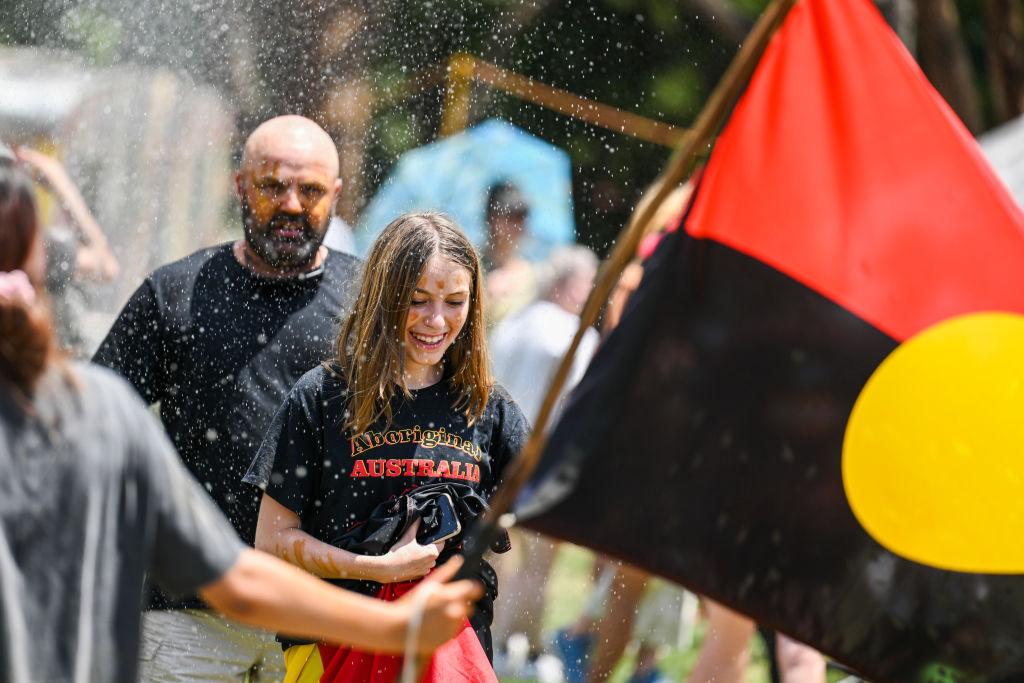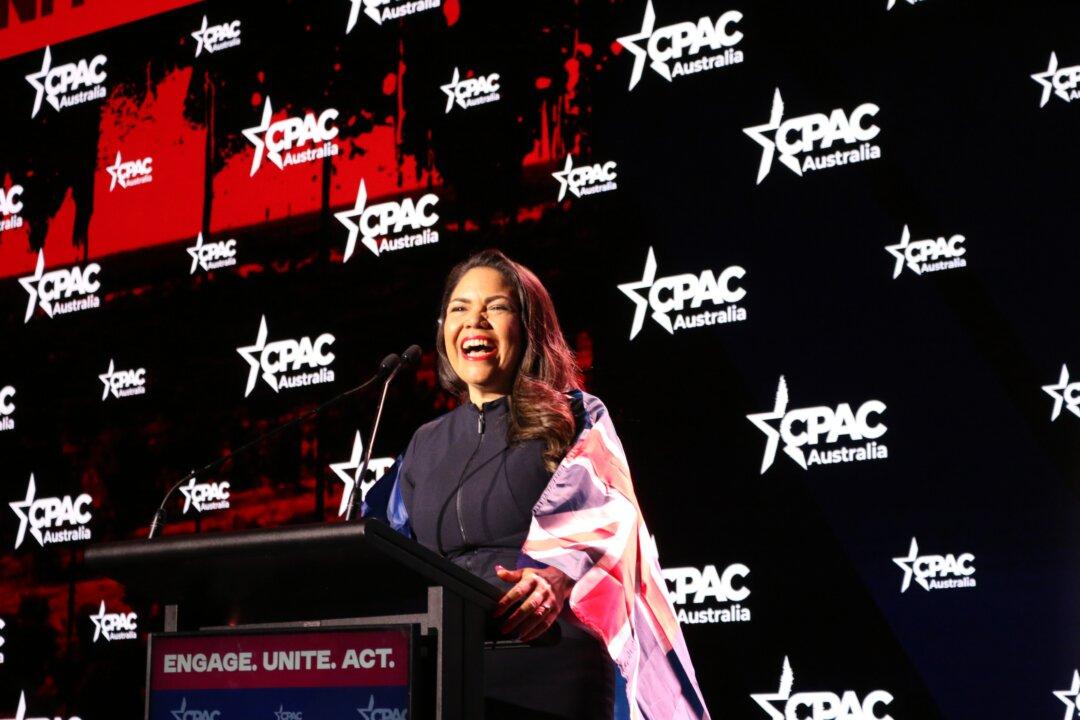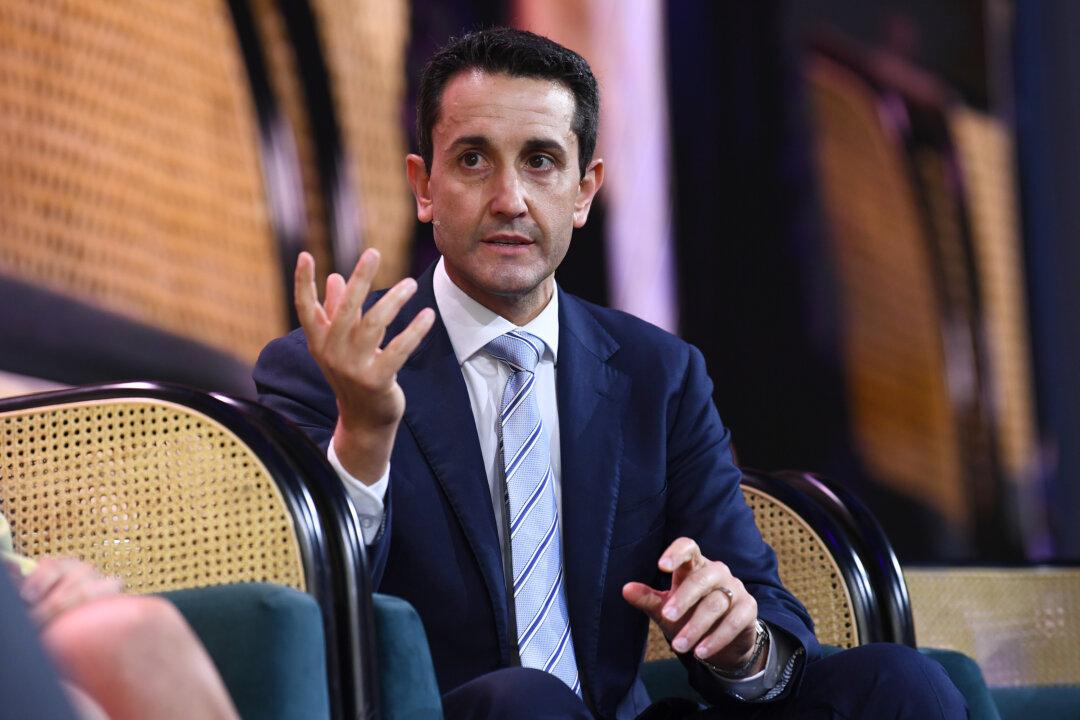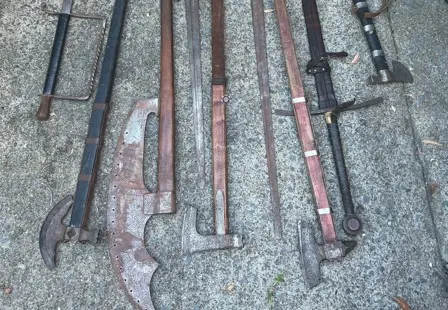An outback pub manager is calling for action as he fears 95 percent of land in his hometown could be handed to an Aboriginal corporation.
Toobeah business owner Michael Offerdahl says he only found out about the plans from Goondiwindi Regional Council meeting minutes in January, with the Bigambul Native Title Aboriginal Corporation (BNTAC) revealing its master plan on a section of its website.





